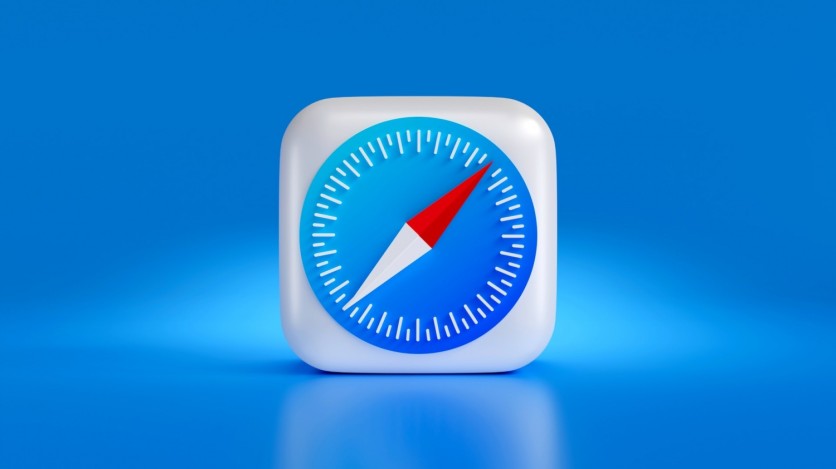Apple's claims about the uniqueness of its various Safari browsers have been called into question as it tries to circumvent EU regulations.
According to the Cupertino giant's argument, Safari on iOS, Safari on iPadOS, and Safari on macOS are three different browsers. This suggests that the iOS version of Sari is the only one that falls under the Digital Markets Act (DMA) policies.
Unfortunately, the European Commission is not convinced about it, and here's why.
The EU's DMA Rules

The European Commission recently identified Apple as a gatekeeper in three core platform services: operating systems (iOS), online intermediation services (AppStore), and web browsers (Safari).
The DMA's goal is to curb the influence of major tech platforms and promote competition. As a result, Apple may be required to allow third-party app stores that work with iOS and web browser engines other than Safari's WebKit by March 2024 in Europe, per The Register.
Related Article : Apple Safari Browser Remains Vulnerable to Spectre Attacks That Can Steal Passwords, Emails
EU Did Not Give a Nod to Apple's Claims
Apple's response to this designation has revolved around its claim that its various Safari browsers are separate entities. The tech giant insisted that each of its Safari browsers is distinct due to different user interfaces and functionalities.
For example, Safari on iPadOS and macOS features a sidebar that allows users to view opened tabs, tab groups, bookmarks, and browsing history, which Safari on iOS lacks.
This approach, however, doesn't seem to have swayed the European Commission. Apple's efforts have led to further investigation into whether iPadOS and iMessage should be considered gatekeeper-controlled core platform services.
The DMA includes an Anti-Circumvention provision that prohibits segmenting, dividing, or subverting a platform's market share to avoid regulation, which Apple's strategy seems to defy.
Apple's Own Marketing Comes Back to Haunt It
The European Commission wasted no time dismantling Apple's argument by pointing to the company's own marketing materials.
Apple's website highlights the seamless functionality of Safari across different devices, emphasizing, "Same Safari. Different device: Safari works seamlessly and syncs your passwords, bookmarks, history, tabs, and more across Mac, iPad, iPhone, and Apple Watch."
Experts suggest that Apple, along with Google and Microsoft, is exploring ways to escape the stringent requirements of the DMA. These tech giants are all considered gatekeepers in some form and are seeking means to bypass regulatory restrictions. Some believe that Google, in particular, is attempting to undermine browser choice screens.
Speaking of which, Apple Safari users reached 1 billion globally back in 2022. However, it's still not enough to surpass the powerhouse browsers Google Chrome and Microsoft Edge.
Optimism for the DMA
While Apple and others grapple with the DMA's implications, industry experts express optimism about the DMA's potential impact. They anticipate the relaxation of restrictions and believe that the DMA if functioning correctly, will foster true competition.
"I have a lot of hope for the DMA. The EU has been working with these guys for a number of years, trying to ensure there's real competition," Jon von Tetzchner, CEO of browser biz Vivaldi told The Register.
Meanwhile, Tech Times reported that Google is placing Safari's address bar on Chrome. The new improvement is currently under testing.
Read also: Apple Safari: Initial Plans of DuckDuckGo Switch, But Google Remains for Private Mode-Why?

ⓒ 2025 TECHTIMES.com All rights reserved. Do not reproduce without permission.




